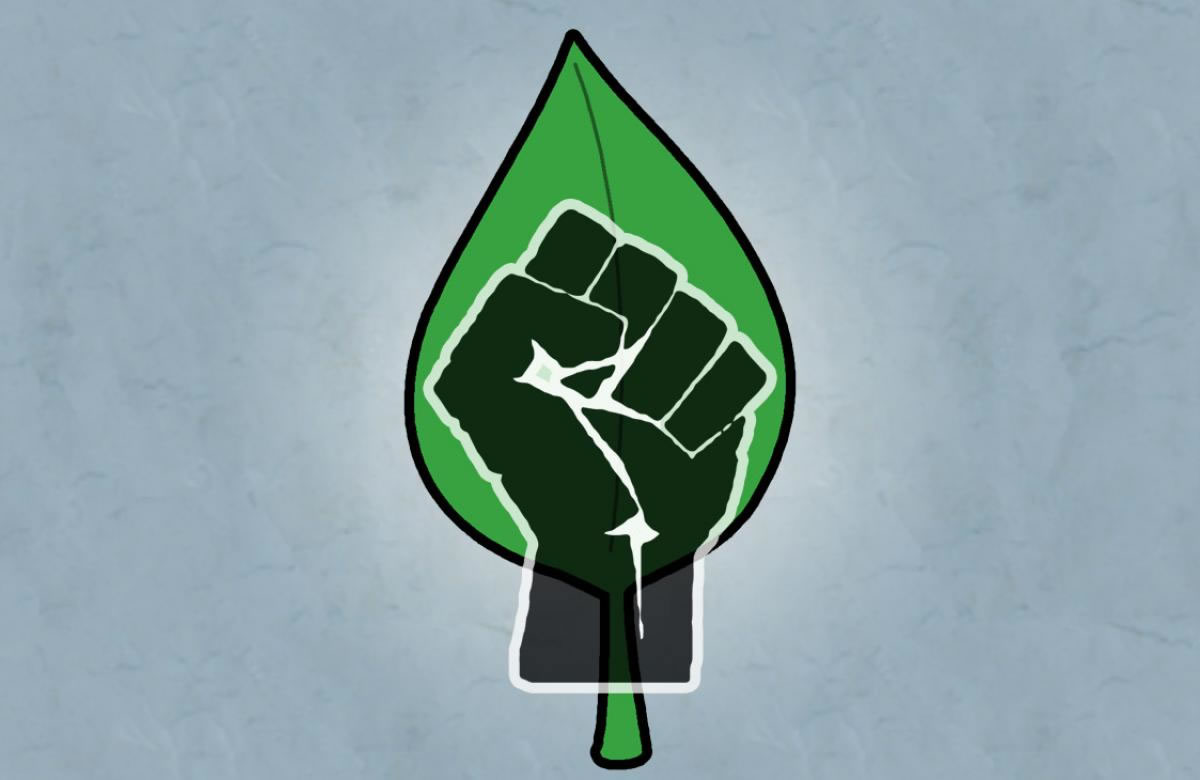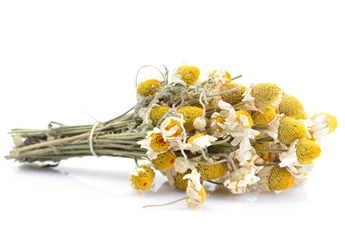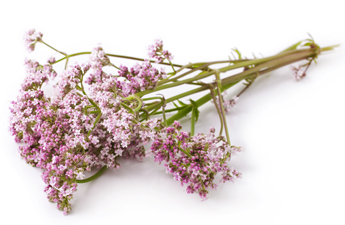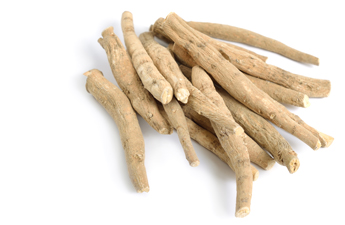Here at the Happy Herb Company we have always prided ourselves on our fight for the plants.
Our mission statement pretty much says it all: “Promoting the appreciation, information, benefits, culture, use and availability of all natural plants and herbs.”
This has always been our greatest passion.
For this reason, some of our loyal customers who share our passion for all things herbal have been surprised that we have put so much energy into defending substances such as JWH (in incense) and the recent DMAA that was banned two weeks ago.
Along with herbs, our passion is for sensible drug law reform which is actually the broader context of the bans on herbal medicines and therefore a threat to our mission.
A lack of sensible, evidence-based drug policy is also the reason for all the scare campaigns on ‘legal highs’ such as JWH and DMAA which, while frustrating, have helped us to see how the Therapeutic Goods Administration (TGA) and the Australian government really approach herbs and drug policy.
The truth is that prohibiting two more substances that can get you high is not going to protect anyone! This prohibitive approach will only drive two more substances underground and create all the same problems that surround illegal drugs (which generally are only so significantly problematic because they are illegal anyway!).
The approach that authorities are taking to legal highs is a continuation of a flawed policy of prohibition which is getting us nowhere and there is mounting evidence to prove it. If you’re interested in reading some of this evidence check out the Australia 21 Report into Drug Law Reform from 2012 or David Nutt’s book Drugs Without the Hot Air. The references are supplied at the end of this post.
This lack of understanding of how to best safely regulate people’s use of legal and illegal ‘drugs’ is what has inspired us to act in the cases of JWH, DMAA and other similar substances. Our carefully thought-out and researched submissions to the TGA on these products have had the same message at the core: Harm reduction and sensible regulation. In fact, one of my personal goals set at the beginning of 2012 was to step up the level of activity in Drug Law Reform and all of this is just a small part of that goal in action!
We’ve never believed or suggested that zero regulation or a free-for-all of these or any other highs is the best way forward. We believe in democracy and in personal choice. We believe in working towards a rational approach to drugs that sees this choice respected as well as safety preserved and we are passionate about it!
Read this excerpt from Professor David Nutt’s latest book to put drug use into perspective:
A Typical Day on Drugs
“Jen… gets out of bed, her glutamate levels naturally increase, but she drinks a cup of coffee which blocks the adenosine in her brain, making her feel more alert. When she’s stressed about being stuck in traffic and her noradrenaline rises, she lights up a cigarette; the nicotine activates her acetylcholine receptors calming her down. A glass of wine with lunch (her cholecystokinin levels falling and rising again as she eats), elevates GABA, lowering her anxiety about presenting to an important client in the afternoon.
The presentation goes well, and she takes the rest of the afternoon off, supplementing the sense of well-being from dopamine and endorphins with the relaxing effects of two more glasses of wine. Her husband calls and they have an argument about whether or not she’s safe to drive, which lowers her serotonin. Seeing sense, she runs home instead, stopping for a bar of chocolate which adds to the natural endorphins released by exercise, improving her mood. She’s cooking her husband a nice dinner to apologise when she cuts her finger, and doses herself with codeine to supplement her natural pain killers [endocannabinoids and endorphins]. Although it’s been a long day, the adenosine and GABA in her brain aren’t enough for her to switch off, and she lies awake for an hour before taking a Valium and falling asleep.”
From “Drugs: Without The Hot Air,” David Nutt, pages 60-61.
The reality is that most people indulge in ‘drugs’ of some kind on a daily basis (tea, coffee, sugar, chocolate, valium, painkillers, marijuana, alcohol, ecstasy, etc.).
We believe that the solution is not to ban everything that has an effect on our bodies and brains – what is more important is regulating the supply and manufacture of drugs and inebriates, and educating people to take responsibility for their bodies, their wellbeing, and the wellbeing of the people around them.
This is why we work so hard to make submissions and lobby on behalf of herbs and of legal highs such as JWH or DMAA; we are trying to foster the growth of a society that’s aware enough to manage social behaviour, drug use (including coffee, tobacco and alcohol) and freedom in a rational, effective way.
If you’re interested in reading further on some of the issues I’ve discussed it would be worth checking out:
Nutt, David Drugs without the hot air. UIT Cambridge, 2012, Cambridge
Australia 21 Prohibition is killing and criminalising our children and we are letting it happen April 2012, Australia. Available at: http://www.australia21.org.au/our_research/illicit_drugs.html
Therapeutic Goods Administration Australia About Us available at: http://www.tga.gov.au/about/tga.htm


 Nextwave
Nextwave

